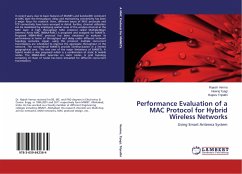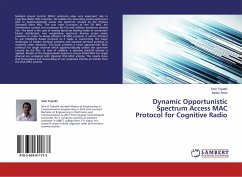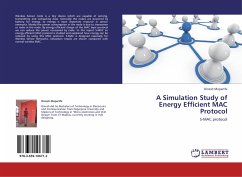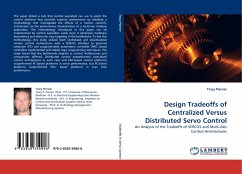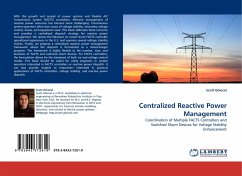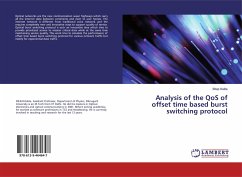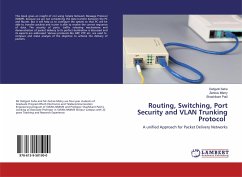
Centralized MAC Protocol for Wireless Sensor Networks
A Research Work
Versandkostenfrei!
Versandfertig in 6-10 Tagen
32,99 €
inkl. MwSt.

PAYBACK Punkte
16 °P sammeln!
The primary goal of this research work is to implement a new energy-aware TDMA(Time Division Multiple Access) based MAC protocol for WSNs. With the scheduling algorithms developed for the proposed MAC, it is intended to achieve relatively better end to end message delay results for especially time critical application traffics as well as to fulfill the lower energy consumption requirement. Computer modeling and simulation of the new approach and its application for a WSN scenario are realized using OPNET Modeler software. Simulation results are also presented together with comparisons those of...
The primary goal of this research work is to implement a new energy-aware TDMA(Time Division Multiple Access) based MAC protocol for WSNs. With the scheduling algorithms developed for the proposed MAC, it is intended to achieve relatively better end to end message delay results for especially time critical application traffics as well as to fulfill the lower energy consumption requirement. Computer modeling and simulation of the new approach and its application for a WSN scenario are realized using OPNET Modeler software. Simulation results are also presented together with comparisons those of a WSN counterpart employing classical IEEE 802.11 DCF (Distributed Coordination Function) MAC protocol. The last part of this work includes an example WSN scenario, consisting of several SNs and a central access point all incorporate with the proposed MAC, which has been modeled and simulated under different networking conditions.



